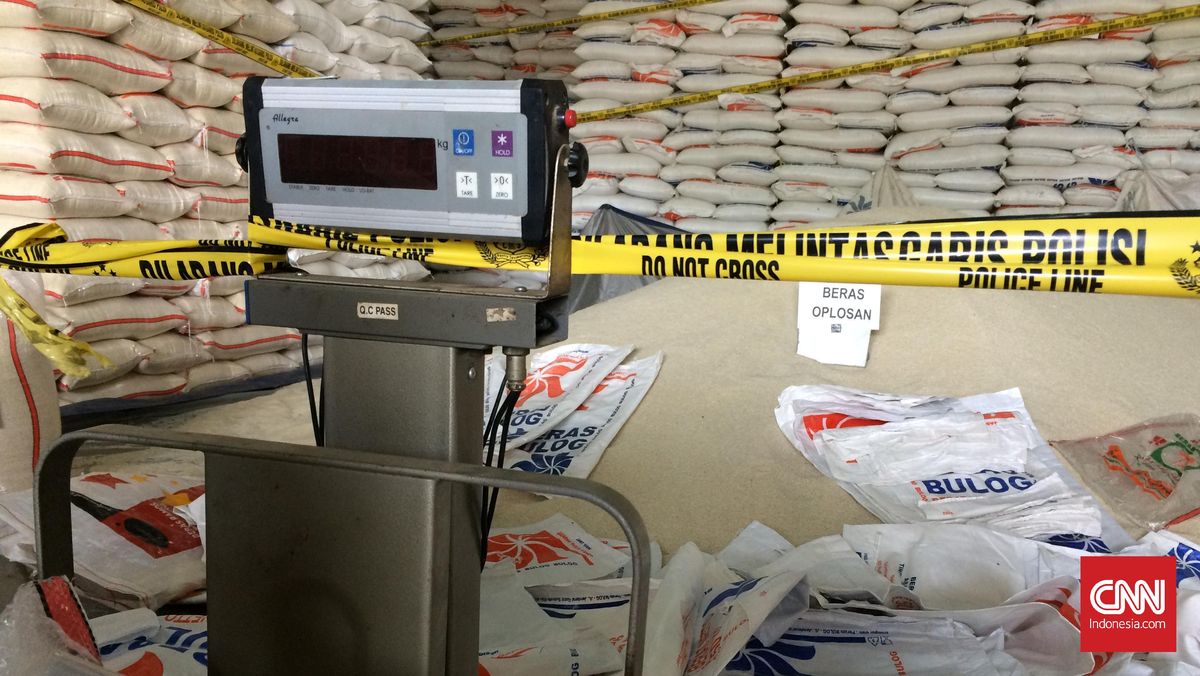Sherlock Holmes’ great maxim “There is nothing new under the sun, it has been done before” could have been a comment on television in 2025.
Mark Gatiss, who has adapted Conan Doyle in Sherlock, Agatha Christie in Poirot and now writes and stars in his own series, Bookish, knows the saying well — and quotes it approvingly. He is more than happy to admit that Bookish, his new period detective drama set in London, 1946, about a secondhand bookstore owner called Gabriel Book who doubles as an amateur sleuth, will ring many bells.
Loading
“Bookish is a synthesis of all my favourite things,” he says, speaking in London. “There are a lot of laughs, a lot of melancholy, a lot of black comedy and a lot of horror. The tone was very important to me; it’s sort of The Lady Vanishes, Green for Danger and Peter Ustinov in [Agatha Christie’s] Evil Under the Sun. I mean I watch that film about five times a year, maybe more because it’s just such a great confection, you know: wonderful actors, a brilliant murder mystery, and they’re all having a great time.”
The six-part series (a second has already been commissioned) sees Gatiss star as Gabriel Book, owner of a bookshop in the fictional Archangel Lane. Book carries with him at all times a mysterious “letter from Churchill”, that grants him access to crime scenes to help the police solve murders. He comes with several further mysteries of his own that run through the series — for one there’s his marriage to his childhood best friend, the ever-practical Trottie (Polly Walker, Bridgerton). (It’s mysterious because Book is a gay man living at a time when homosexuality was illegal.)

Mark Gatiss, the creator of Bookish, also stars in the show’s lead role. Credit: © Nicolas Velter
For another, there’s Book and Trottie taking in young Jack Blunt (Connor Finch) after his release from prison. It seems like good people giving a second chance to a young man who’s gone down the wrong path, but as Jack helps out both at the bookshop and on the murder cases, it soon becomes clear that his job offer wasn’t quite as random as it first appeared.
Add to these overarching mysteries the three two-part stories — the poisoning of the local chemist; the poisoning of a film extra when Lovelorn in London is shot on Archangel Lane; and yes, the poisoning of an army captain at the August Walsingham Hotel (there is a lot of poisoning in Bookish) — and you have a knotty, stylish and witty period piece.

Careful what you eat and drink on Archangel Lane...Credit: © Nicolas Velter
Bookish sits squarely within the current vogue for Agatha Christie and cheery murder-mysteries but while it is terrific fun what it isn’t is frothy or glib. Gatiss recognises that quirky detectives and the puzzles they solve offer the viewer escapism, but it’s an escapism that we need because, as he says, “The world situation right now is so frightening.”
It’s precisely because Gatiss knows the detective genre inside out that he is able to use the diversion of a TV show as something of a Trojan horse to make his point. Book, for example is a gay man who society forces to hide in a lavender marriage.
Loading
“I wanted to show to people who don’t really know what it was like that we’re standing on the shoulders of giants: we’ve come such a long way [with LGBTQ+ rights] but also how fragile it is. Because it’s happening again. Sometimes I slightly despair of the rarefied arguments we have when, not very far from here, people have been put in camps or murdered for being gay. [Progress] can all be undone in a minute. Just look at Trump.”
As a prolific star and writer of cult comedy The League of Gentleman and then Sherlock, episodes of Poirot and countless TV ghost stories in homage to his hero M.R. James, Gatiss recognises that his first responsibility is to entertain.
“I don’t want to be didactic,” he says. “It’s entertainment and the murder mystery is a hugely important part of it. That’s what people come for. But I think you can do stuff while you’re there. That’s what I was trying to do at least.”
“The central thing is: read books, don’t burn them.”

‘[Progress] can all be undone in a minute. Just look at Trump’: Mark Gatiss Credit: © Toon Aerts
Gabriel Book is unusual in the detective canon in that he is a super-sleuth without a superpower. He doesn’t really have a “thing” like Holmes’s powers of deduction or Poirot’s whirring little grey cells. He has merely read a lot and spends all his days in a capacious bookshop that Gatiss describes as “an analogue computer”. Book has no need to consult Google or ChatGPT, even if they existed — all knowledge is there in those fusty pages, but he does have to look it up.
Loading
“I didn’t want him to be a know-it-all,” says Gatiss. “I don’t like that. When Steven Moffat and I wrote Sherlock, by going back to the [Conan Doyle] books we were able to demonstrate that one of the things people had forgotten about Sherlock Holmes was that he was spectacularly ignorant about things that didn’t interest him. As a child, I found that thrilling.”
As such, Book is full of flaws, both gaps in his knowledge and in his own make-up.
“Part of Book is directly inspired by Dorothy L. Sayers’ Lord Peter Wimsey, one of the great detectives: everyone thinks he’s a bit of a silly arse, but we know that he has PTSD. He screams in the night at flashbacks from the trenches. I love that, and I thought Book should have a very light-hearted view of the world precisely because he’s seen some really terrible things.”
Book also has a team of people around him who do the things he’s not so good at. Trottie is practical; Nora (Buket Kömür), the waitress at the restaurant from over the road, happens to have an encyclopaedic knowledge of crime fiction and gruesome real-life cases; Jack, the jailbird, turns out to be a willing and capable apprentice, a Watson to Book’s Holmes.

Polly Walker (left) as Trottie Book, Mark Gatiss (middle) as Gabriel Book and Connor Finch as Jack. Credit: © Nicolas Velter
And the period itself is not just there for ambience. In 1946 a murderer, Bookish reminds us, would face the death penalty. The shadow of the noose always dangles in the background, even as our team gad about and correct one another’s grammar.
Loading
“It’s a different flavour if you feel someone’s going to just get eight months as opposed to dangling from a noose at the end,” says Gatiss.
As a whole then, you have a detective drama that has in many ways been done before, as Sherlock Holmes put it, but also, being a Gatiss script, knows exactly where it has come from.
“People used to call me ‘bookish’ when I was a kid,” says Gatiss. “The show is about a love of learning — it’s my love of learning. But I also thought it’s good that it’s not called just ‘Book,’ because it’s not just about him, it’s about everything that’s around him as well.”
Bookish is streaming on HBO Max now.
Find out the next TV, streaming series and movies to add to your must-sees. Get The Watchlist delivered every Thursday.


















































